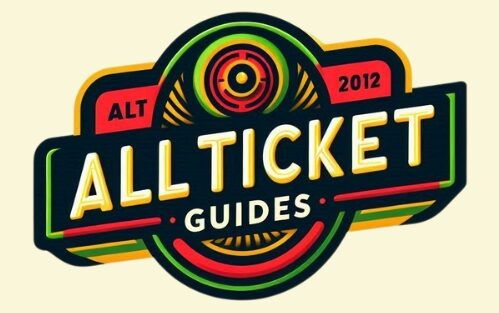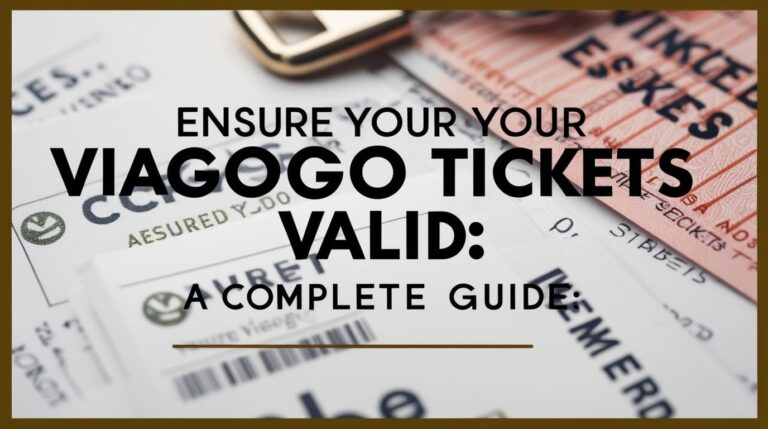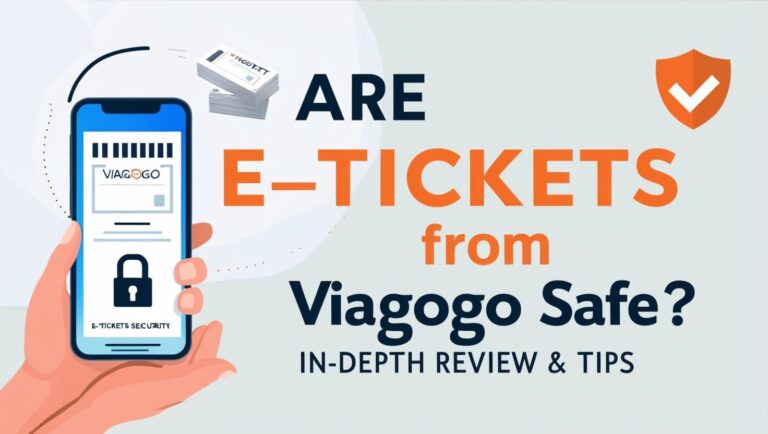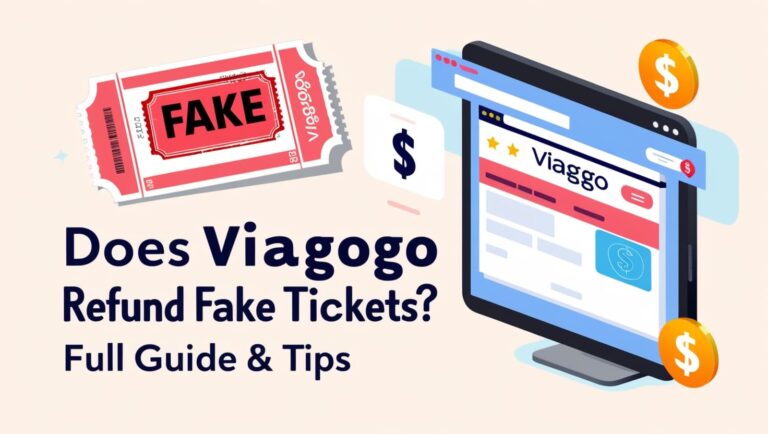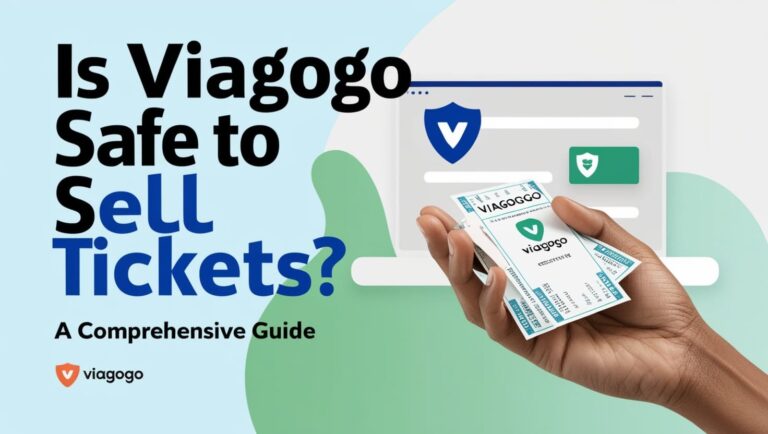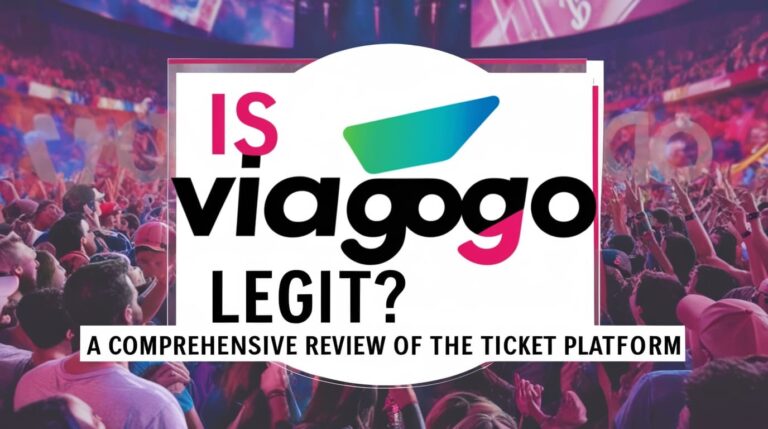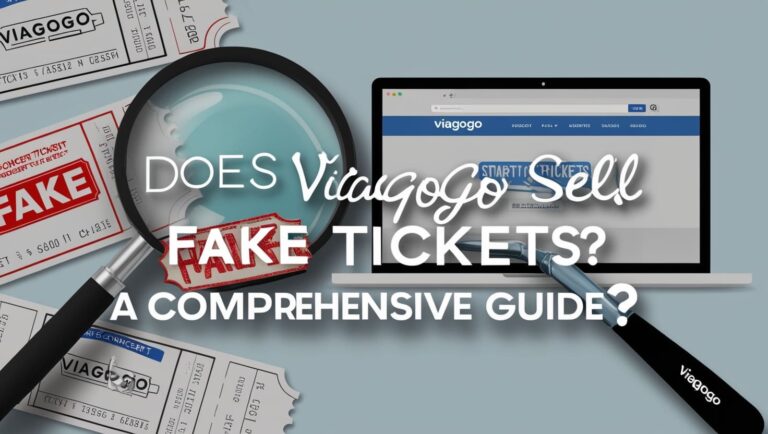Everything You Need to Know About Viagogo: The Ultimate Guide
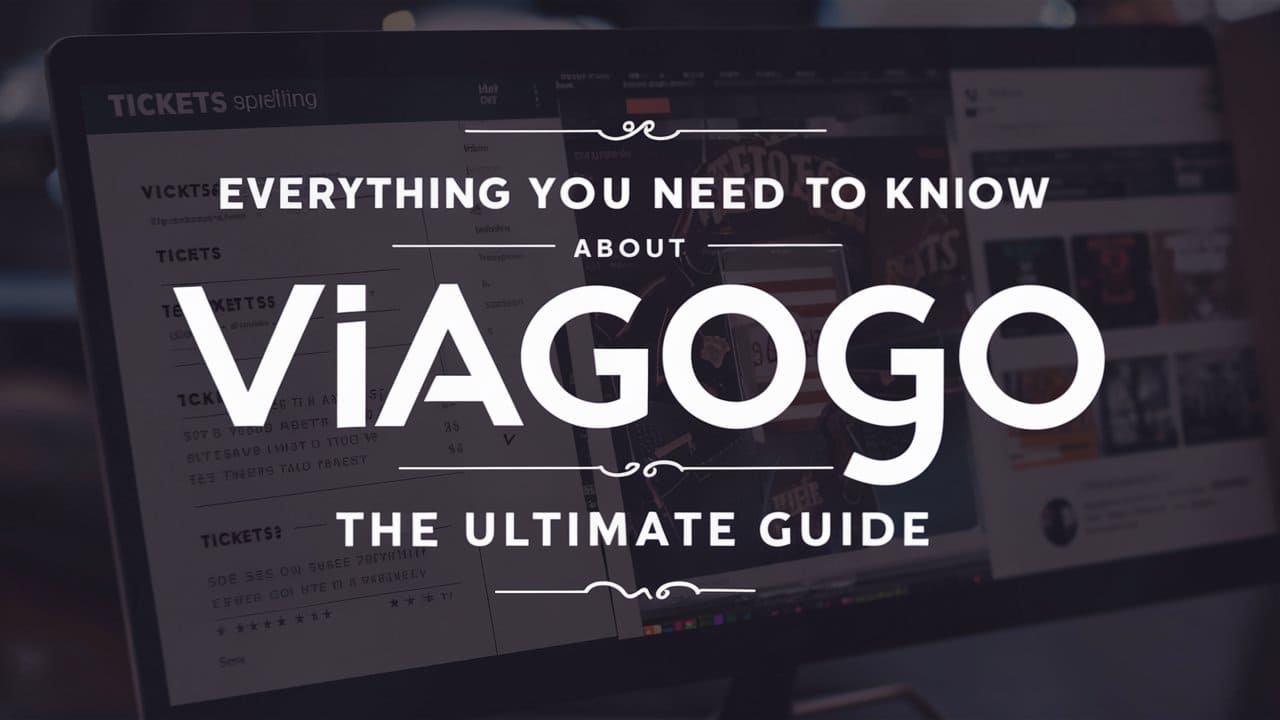
Introduction to Viagogo
Viagogo is a global online ticket marketplace that connects buyers and sellers of tickets for live events. These events range from concerts and sports matches to theater performances and festivals. Founded in 2006, Viagogo aims to provide a platform where fans can access tickets for events that may be sold out through official channels. The service is available in over 70 countries, making it a major player in the secondary ticket market.
History and Background
Viagogo was established by Eric Baker, who was also a co-founder of StubHub. This connection played a crucial role in shaping Viagogo’s business model and strategies. The company quickly gained traction by offering tickets for a variety of events, tapping into the high demand for resale tickets.
In 2019, Viagogo announced its acquisition of StubHub from eBay for $4 billion, a deal that combined two of the largest secondary ticket marketplaces in the world. This merger faced regulatory scrutiny, especially in the UK, due to concerns over market dominance. However, the acquisition was completed in 2021, creating a more extensive platform for ticket buyers and sellers.
How Viagogo Works
Business Model and Operation
Viagogo operates as an intermediary between ticket sellers and buyers. Sellers list their tickets on the platform, setting their prices. Buyers can then browse the listings, select tickets, and make purchases. Viagogo charges fees to both sellers and buyers, which are a significant part of its revenue model.
Buying Tickets
To buy tickets on Viagogo, users need to create an account. They can then search for events, filter results by date, location, and price, and select their preferred tickets. The checkout process involves additional fees, including service and delivery charges. Once the purchase is complete, buyers receive their tickets via email or postal delivery, depending on the type of ticket and the event.
Selling Tickets
Sellers, whether individuals or brokers, can list their tickets by creating an account on Viagogo. They need to provide details about the event, ticket type, and price. Viagogo allows sellers to adjust prices based on market demand. When a ticket is sold, the seller ships it to the buyer, and Viagogo holds the payment until the buyer confirms receipt of the tickets.
Features and Services
Types of Tickets Available
Viagogo offers a wide range of tickets, including those for concerts, sports events, theater shows, and festivals. The platform often has tickets for sold-out events, providing an alternative for fans who missed out on the initial sales.
Global Reach and Availability
Operating in over 70 countries, Viagogo has a significant international presence. This global reach allows users to buy and sell tickets for events happening worldwide, making it easier for fans to access tickets no matter where they are.
User Interface and Experience
Viagogo’s website and mobile app are designed to be user-friendly, with a simple and intuitive interface. Users can easily search for events, filter results, and complete transactions. The platform also provides event details, seating charts, and ticket information to help users make informed decisions.
Viagogo App
The Viagogo app offers similar functionality to the website, allowing users to browse, buy, and sell tickets on the go. The app is available for both iOS and Android devices and includes features like instant ticket downloads and push notifications for event updates.
Fee Structure and Pricing
Buyer Fees
When purchasing tickets on Viagogo, buyers incur several fees. These include a service fee, which is a percentage of the ticket price, and a delivery fee, which varies depending on the delivery method. These fees can significantly increase the total cost of the tickets.
Seller Fees
Sellers on Viagogo also pay fees, including a listing fee and a commission on each sale. The commission is a percentage of the ticket price and is deducted from the seller’s payout. This fee structure incentivizes sellers to list more tickets and maintain competitive prices.
Comparison with Other Ticket Platforms
Compared to other ticket marketplaces like StubHub and Ticketmaster, Viagogo’s fees are relatively high. However, the platform’s wide reach and availability of tickets for sold-out events make it a popular choice for many buyers and sellers.
Hidden Fees and Transparency Issues
One common criticism of Viagogo is the lack of transparency regarding fees. Many users report being surprised by the final cost of their tickets, which often includes hidden service and delivery fees that are not clearly disclosed upfront. This lack of transparency has led to legal actions and fines in various countries.
Tips for Avoiding Excessive Fees
To avoid excessive fees, buyers should:
- Carefully review the total cost before completing the purchase.
- Compare prices on different platforms.
- Look for tickets with lower service fees or free delivery options.
Viagogo’s Fan Protection Guarantee
Viagogo offers a “Fan Protection Guarantee” to provide buyers with peace of mind. This guarantee promises that if buyers receive fraudulent or unusable tickets, Viagogo will provide comparable replacement tickets or a full refund. While this guarantee is a reassuring feature, its effectiveness can vary.
Common Issues with the Guarantee
Despite the guarantee, some buyers have reported difficulties in obtaining refunds or replacements. Issues include delays in processing claims and disputes over the validity of tickets. Buyers are advised to keep detailed records of their transactions and promptly report any problems to Viagogo.
Legal and Regulatory Issues
Viagogo has faced numerous legal challenges and regulatory actions over the years. These include fines and lawsuits related to misleading advertising, hidden fees, and selling tickets for events without authorization.
Major Legal Battles and Fines
In Australia, Viagogo was fined $7 million in 2020 for misleading advertising and opaque fee disclosures. In France, the platform faced legal action from UEFA for unauthorized ticket sales during the Euro Cup. Germany issued injunctions against Viagogo for selling tickets to the 2018 FIFA World Cup and 2019 Rammstein concerts.
Government and Regulatory Scrutiny
Viagogo has been under frequent investigation by consumer protection agencies in various countries, including the UK. These investigations often focus on the platform’s transparency and compliance with local ticket resale regulations.
Changes in Response to Legal Issues
In response to legal challenges, Viagogo has made several changes to its operations. These include improving fee transparency, complying with local resale regulations, and enhancing customer support. However, the platform continues to attract controversy and scrutiny.
Controversies and Criticisms
Viagogo’s business model and practices have drawn significant criticism from consumers, artists, and industry insiders. Key issues include ticket scalping, price gouging, and poor customer service.
Ticket Scalping and Price Gouging
Viagogo’s open marketplace allows sellers to list tickets at any price, often leading to significant markups. Critics argue that this enables professional ticket brokers and scalpers to exploit fans by inflating prices for high-demand events.
Customer Service Complaints
Many users have reported negative experiences with Viagogo’s customer service. Common complaints include difficulties in resolving issues, delayed responses, and unhelpful support staff. These problems can be particularly frustrating for buyers dealing with ticket issues close to event dates.
Transparency and Ethical Concerns
Transparency is a major concern for many Viagogo users. The platform has been criticized for not clearly disclosing fees, providing insufficient information about sellers, and listing tickets for events without proper authorization. These issues have led to calls for greater regulation of the secondary ticket market.
High-Profile Legal Cases
High-profile legal cases have further tarnished Viagogo’s reputation. In addition to the fines and lawsuits mentioned earlier, artists like Ed Sheeran have taken legal action against the platform to stop inflated resales of their concert tickets. These cases highlight ongoing issues with Viagogo’s business practices.
Market Position and Competition
Viagogo vs. StubHub
The merger of Viagogo and StubHub created a significant player in the secondary ticket market. While StubHub is more popular in the United States, Viagogo has a strong presence in Europe and other regions. Together, they offer a wide range of tickets and have a substantial market share.
Comparison with Other Ticket Marketplaces
Viagogo competes with other ticket platforms like Ticketmaster, SeatGeek, and Vivid Seats. While these platforms also offer secondary market tickets, Viagogo’s global reach and extensive inventory set it apart. However, higher fees and transparency issues may drive some users to seek alternatives.
Market Share and Influence
Viagogo’s acquisition of StubHub significantly increased its market share, especially in the UK and Europe. The combined entity controls a large portion of the secondary ticket market, giving it considerable influence over ticket pricing and availability.
Merger with StubHub
The merger with StubHub was a strategic move to expand Viagogo’s market presence and resources. This consolidation has the potential to enhance the user experience by providing more ticket options and improving customer service. However, it also raises concerns about reduced competition and higher prices.
Customer Experiences and Reviews
Positive Experiences
Many users have successfully purchased tickets for sold-out events through Viagogo, appreciating the platform’s wide selection and ease of use. Positive reviews often highlight the convenience of finding tickets for high-demand events and the prompt delivery of tickets.
Negative Experiences
Negative experiences with Viagogo are not uncommon. Common issues include receiving invalid tickets, difficulty obtaining refunds, and poor customer service. These problems can be particularly frustrating for buyers who have spent significant amounts on tickets.
Overall Customer Satisfaction
Overall, customer satisfaction with Viagogo is mixed. While the platform offers a valuable service by providing access to tickets for sold-out events, issues with fees, transparency, and customer support can detract from the user experience.
